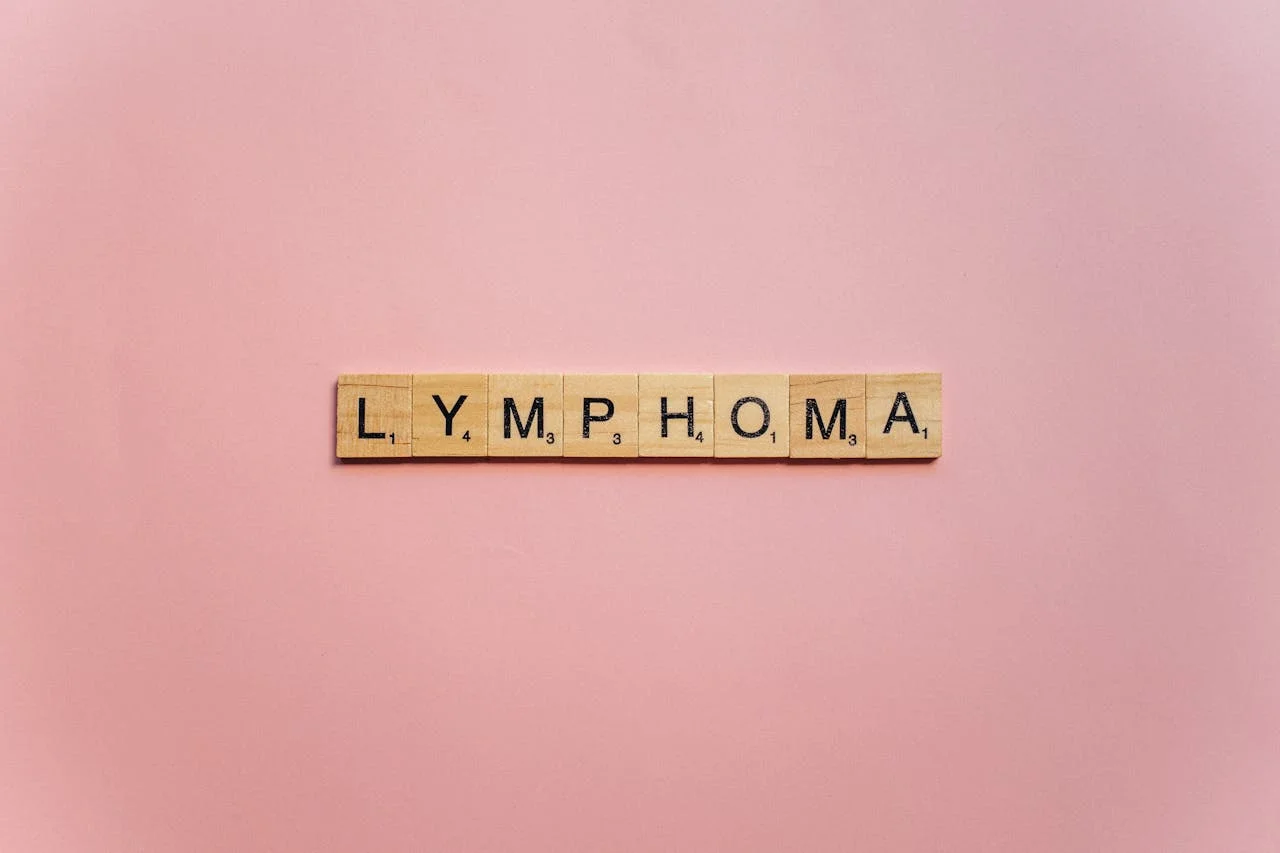
Genmab A/S (Nasdaq: GMAB) has announced that the European Commission (EC) has granted conditional marketing authorization for TEPKINLY® (epcoritamab) as a monotherapy for adult patients with relapsed or refractory (R/R) follicular lymphoma (FL) who have undergone two or more lines of systemic therapy. This makes TEPKINLY the first and only subcutaneous T-cell engaging bispecific antibody approved for this patient group in the European Union (EU), including the European Economic Area (EEA) countries (Iceland, Liechtenstein, Norway) and Northern Ireland.
“Follicular lymphoma can be particularly challenging to treat. The approval of TEPKINLY represents a significant advancement for patients in the European Union who need more treatment options that offer both meaningful efficacy and favorable safety,” said Jan van de Winkel, Ph.D., President and Chief Executive Officer of Genmab. “Together with our partner AbbVie, we remain dedicated to further developing epcoritamab as a potential cornerstone therapy for various B-cell malignancies.”
Follicular lymphoma is a slow-growing type of non-Hodgkin’s lymphoma (NHL) that originates from B-cell lymphocytes. It is the second most common form of NHL, accounting for 20-30% of NHL cases and 10-20% of all lymphomas in Western countries. FL is considered incurable, and there is no standard treatment for third-line or later FL. Even patients who achieve remission often face relapse.
The conditional marketing authorization is based on data from the Phase 1/2 EPCORE® NHL-1 clinical trial, an open-label, multi-cohort, multicenter, single-arm study that evaluated TEPKINLY as a monotherapy for patients with R/R FL who had received two or more prior systemic therapies. The study included patients who were refractory to both anti-CD20 monoclonal antibody therapy and an alkylating agent (70% with double refractory disease), those refractory to their last treatment (82%), and those whose disease progressed within two years of starting their first systemic therapy (52%). Published results in The Lancet Haematology indicated that TEPKINLY yielded an overall response rate (ORR) of 83% and a complete response (CR) rate of 63%. With a median follow-up of 16.2 months, the median duration of response was 21.4 months (13.7, not reached). Duration of complete response (DOCR) was not reached.
An optimization cohort within the study evaluated 86 patients using a recommended 3-step-up dosing regimen to manage cytokine release syndrome (CRS). Hospitalization was not required for this cohort. With the optimized regimen, 40% of patients experienced Grade 1 CRS, and 9% had Grade 2 CRS (no Grade 3 or higher CRS cases were reported). There were no cases of immune effector cell-associated neurotoxicity syndrome (ICANS) in this cohort.
The safety profile of epcoritamab in the pivotal cohort was consistent with previous reports from the pivotal EPCORE NHL-1 diffuse large B-cell lymphoma (DLBCL) cohort. In the pooled safety population (n=382), the most common adverse reactions (≥20%) with TEPKINLY included CRS, injection site reactions, fatigue, viral infections, neutropenia, musculoskeletal pain, pyrexia, and diarrhea. The most frequent serious adverse reaction (≥10%) was cytokine release syndrome (34%). Fourteen patients (3.7%) experienced fatal adverse reactions, including pneumonia (9 patients, 2.4%), viral infection (4 patients, 1.0%), and ICANS (1 patient, 0.3%).
The European Commission’s approval of epcoritamab is a significant development for the lymphoma community,” said Kate Rogers, CEO of the Follicular Lymphoma Foundation. “Relapsed or refractory follicular lymphoma presents substantial treatment challenges, particularly in later lines of therapy. It is crucial that both patients and physicians have access to more treatment options for managing this difficult form of cancer.





